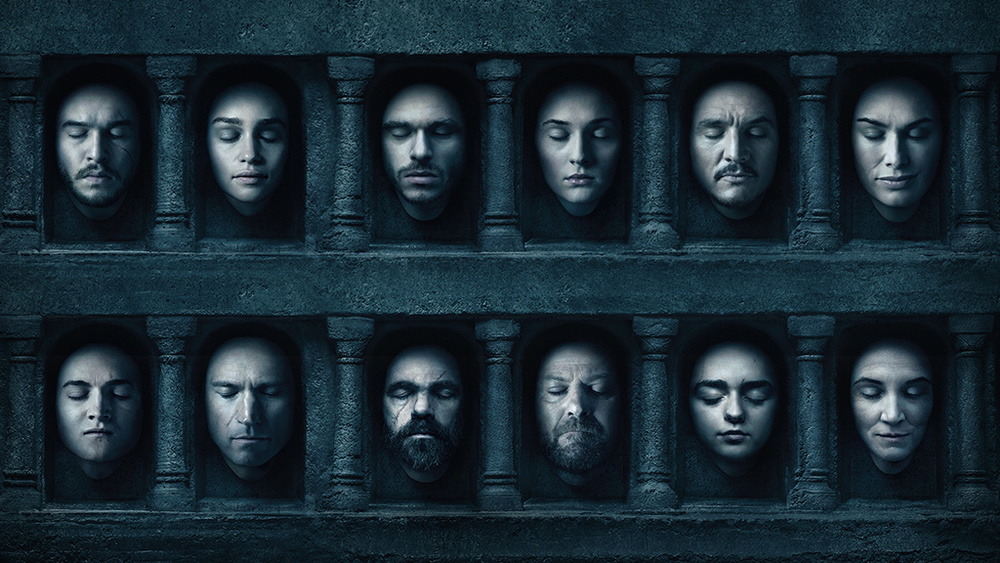GoT and Fictional Languages
The last season of Game of Thrones is almost upon us (makes me tear up just thinking about it). I started the series very late in the game because I just couldn’t get past the first episode when it first aired. Like some HBO shows, the frequent nudity wasn’t that much of a surprise but it was the brutal violence that made it hard to watch initially. When I gave it another chance and accepted the violence not as a part of the show, but a part of the Game of Thrones world I was able to understand the characters and this world a lot more. The show is rich in its storytelling and depiction of a land wrapped in luxury for those who can afford it and bloodshed for those who wants it. Within this richness, there’s an aspect that really perked my ears and that was the languages spoken on the show.
“The Common Tongue” aka English is the language of Westeros: where the majority of the story takes place. The “Old Tongue” is also another language spoken by the original inhabitants of Westeros as well as the northerners or “wildlings” as they’re called. In the land of Essos to the east, Valyrian (high and low counterparts) is the language viewers hear the most in addition to Dothraki. You can thank David J. Peterson for these languages who is the linguist and co-founder of the Language Creation Society HBO consulted for the show. He describes the Valyrian as “shamelessly beautiful” after building 5,000 vocabularies for the language. Grammar wise, the language has four genders (similar to male and female gender in Spanish): lunar, solar, terrestrial, or aquatic. I find the invention of these languages an amazing endeavor and even more impressive is the actors who speak the language and make it sounds convincing as their mother tongue.
Fictional languages are of course nothing new. But to be clear, I’m not counting Pig Latin or some code people came up with their friends. I’m talking about a fictional but built on logic and structure kinda language. There are nouns, verb tense, grammar, the works. Most people’s first brush with a made-up language would probably be Klingon and Vulcan from Star Trek. Although from what I’ve seen (not that many episodes), the actors rarely speak at length in either language before switching to English. In contrast, Valyrian is sometimes spoken for almost an entire episode in Game of Thrones. Thought it might not be a “real” language, it certainly is remarkable how thorough Peterson is with his languages.
At the moment, Duolingo (a popular language learning app) is offering High Valyrian as a language you can learn on its platform. Why not flex those language muscles?
Source: Babbel Magazine
